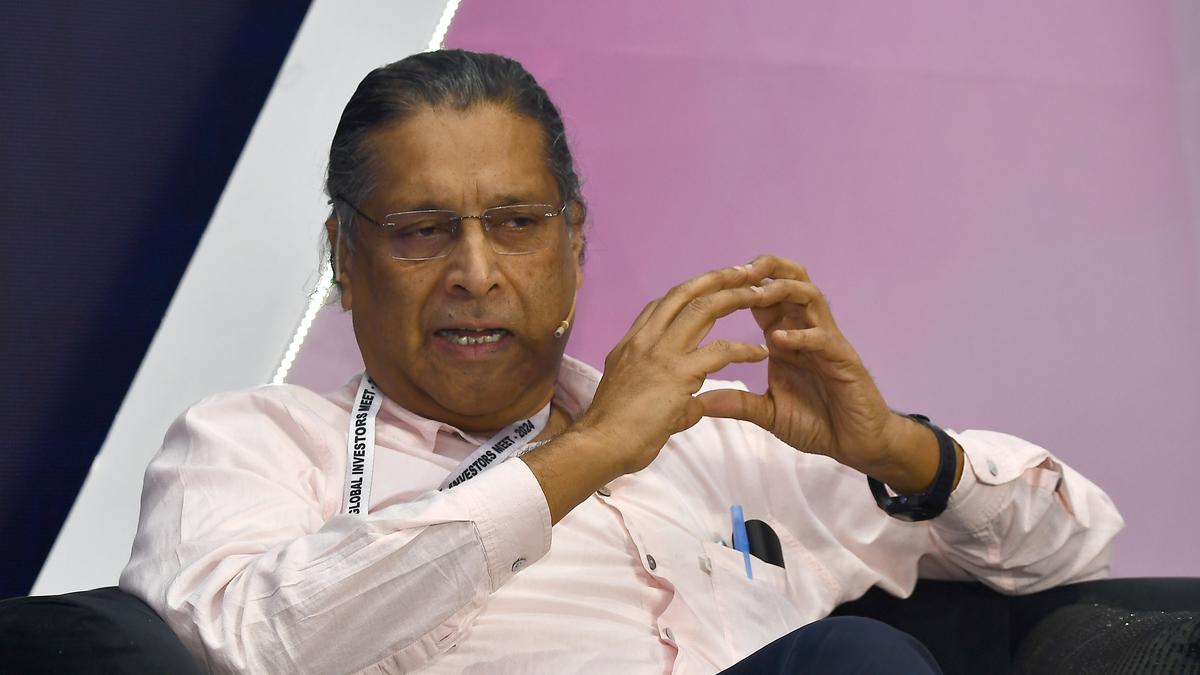
RBI followed a highly unfortunate exchange policy: Arvind Subramanian
The Hindu
Former CEA Arvind Subramanian critiques RBI policies, fiscal framework, income tax cuts, and weak private investment in India.
Former Chief Economic Advisor (CEA) Arvind Subramanian on Monday (February 10, 2025) said while a part of India’s slowdown was cyclical, the Reserve Bank of India (RBI)’s policies too had contributed to it.
“For about two-and-a-half years till January 2025, RBI followed a highly unfortunate exchange rate policy. It was very costly for the economy. And sadly it went unnoticed below the radar screen,” he said at a panel discussion on the State of Economy and Union Budget 2025-2026 organised by the Madras Institute of Development Studies (MIDS) in association with Malcolm and Elizabeth Adiseshiah Trust.
“The policies have inflicted a lot of damage to the economy and we need much more discussion on that. We need much more discussions on how we can have guardrails against the eminent institution which can follow inappropriate policies and accountability mechanisms which should be in place. Hopefully the policy has changed in the right direction,” Mr. Subramanian said.
On the Union Budget 2025-2026, he said the government had slightly changed the fiscal framework. “For the last 20 years, the fiscal framework has broadly targeted fiscal deficits. For the first time, the government has said we should target a declining debt trajectory. This is something I recommended in 2017,” he said.
However, the operational benchmarks to move towards the declining debt trajectory is missing and that is something the government should work on, he said.
On the income tax cuts, Mr. Subramanian said income taxes as a redistribution tool comes much later in the development process, only after the State has provided essential goods and services that everyone benefits from.
“So the legitimacy of redistribution is acquired by the State providing essential goods and services for everyone. If you don’t provide the goods and services, then the redistribution thing gets called into question and that is why taxpayers say why they should be pay taxes and so on. This is worth keeping in mind,” he said.













